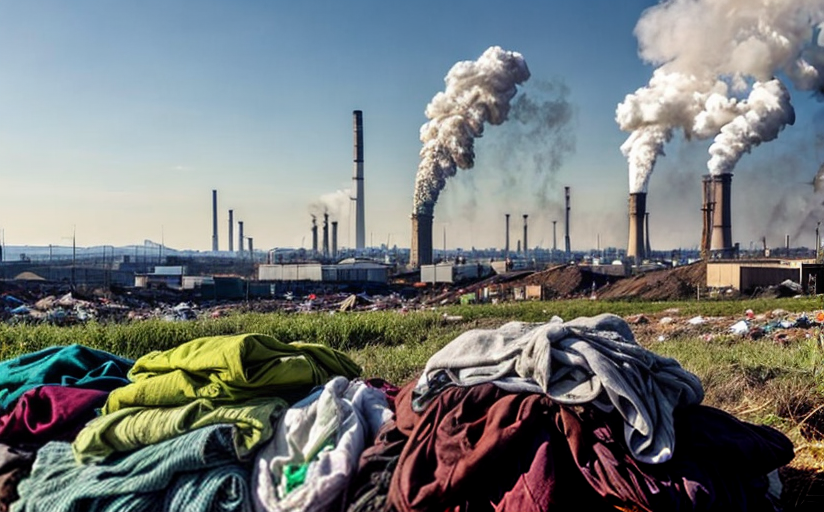Impacts of Fast Fashion on The Environment and Sustainable Alternatives
Fast Fashion and its Environmental Impact
The fast fashion industry, which emphasizes quick manufacturing at an affordable price to respond to the latest trends, has serious environmental consequences. Aspects like production, distribution, and disposal of fast fashion items pose a substantial threat to the environment.
Fast fashion contributes significantly to pollution, including but not limited to water, air, and soil pollution, through its manufacturing processes (like dyeing, washing, and printing) which consume vast amounts of water and chemicals. Much of these chemicals are not fully removed in wastewater treatment and thus contaminate rivers and seas, impacting aquatic ecosystems greatly.
The industry is also notorious for being a major contributor to waste production, with consumers discarding fast fashion items after only a few wears. The majority of these discarded clothes end up in landfills, causing a severe waste management issue.
Moreover, the massive amounts of energy utilized in production, transportation, and disposal of clothing items result in considerable greenhouse gas emissions, therefore contributing to climate change.
Sustainable Alternatives to Fast Fashion
However, several sustainable alternatives are stepping up to minimize the environmental impact. These include slow fashion, clothing recycling, and the prioritization of quality over quantity.
Slow fashion emphasizes quality materials and timeless designs that reduce the need for frequent purchases, thus decreasing the demand for quick manufacturing and reducing waste production.
Moreover, recycling of old clothes, either by donating, selling, or transforming them into new pieces, also significantly contributes to waste and pollution reduction. Plus, embracing high-quality, long-lasting items is another means to slow down the incessant demand and disposal rates in the fashion industry.
The Role of Consumers in Sustainable Fashion
Importantly, it is essential to recognize that consumers play a critical role in this transformative journey. Consumer habits need to change significantly for these sustainable practices to become mainstream.
Shifting from trend-led consumption towards more thoughtful purchases, focusing on need and longevity, can make a huge difference. Empowered with knowledge, consumers can choose to support brands that align with their values and prioritize environmentally friendly practices.


















Comments
Leave a Comment